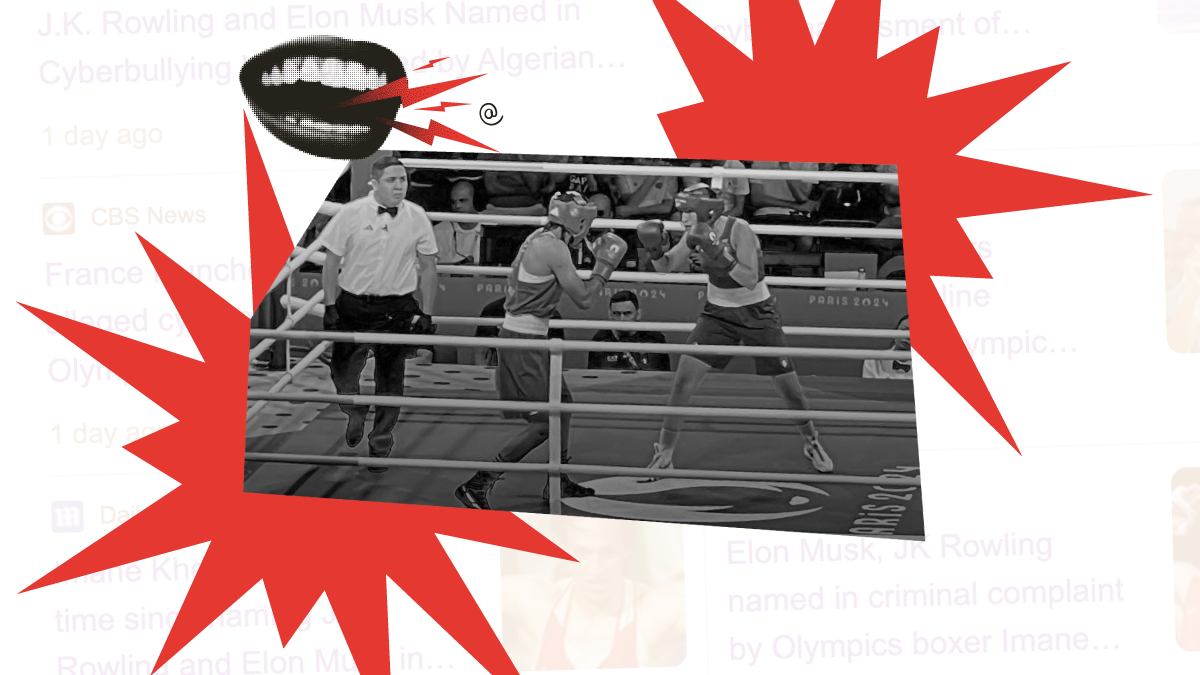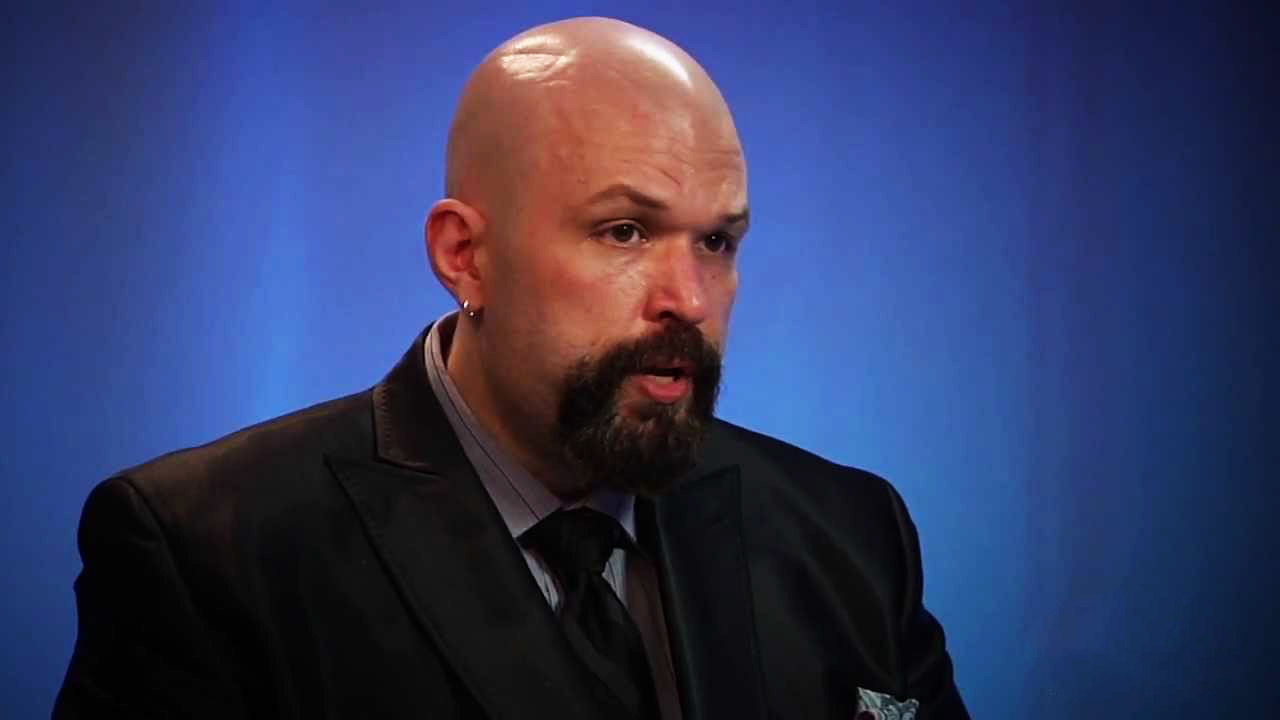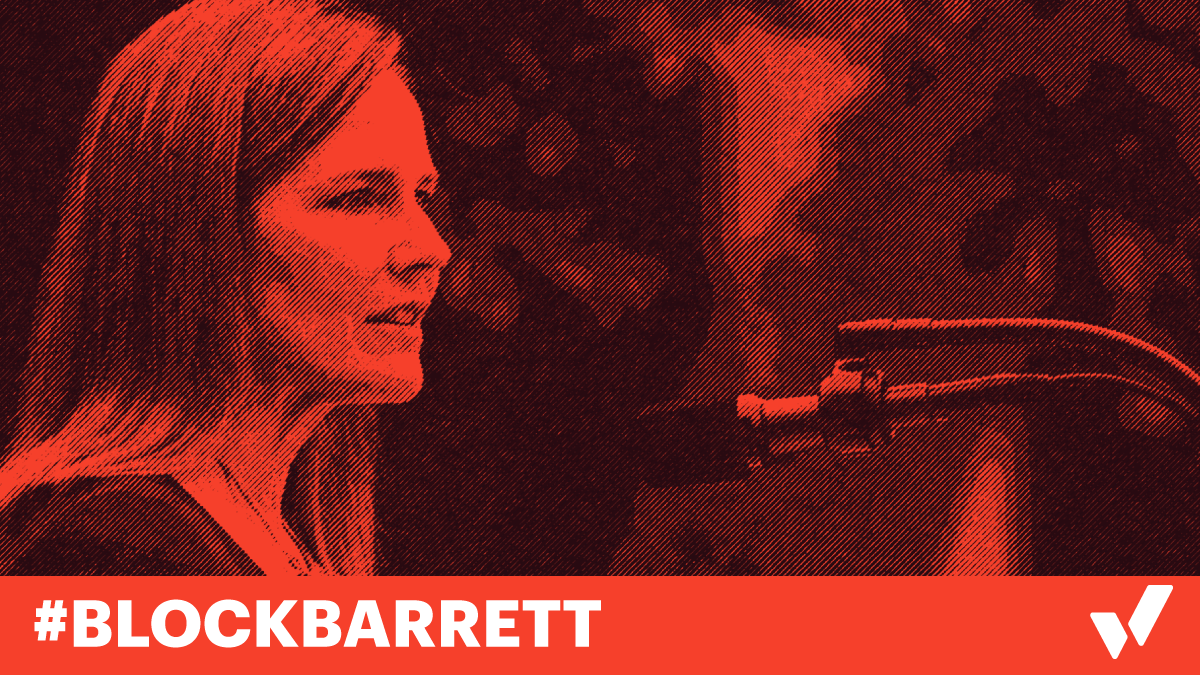Abortion rights, women of color, and LGBTQIA+ people are under attack. Pledge to join us in fighting for gender justice.
How to Learn From and Move Past Anti-Trans Fervor After the Paris Olympics

Anti-trans messaging flooded social media and my personal email following Lin Yu-Ting and Imane Khelif’s inclusion at the Olympics. Neither woman is transgender (trans). But that did not stop anti-trans extremists and the misinformed from calling for their exclusion from the Olympics, and for the exclusion of all cisgender, intersex, and trans women who do not conform to archaic white-centric standards of femininity.
Some anti-trans extremists leaned into horrific narratives that spread misinformation and fear, relentlessly misgendering the two Olympians. For example, former University of Kentucky swimmer Riley Gaines threw a tantrum on X (formerly Twitter) regarding Khelif’s success at the Olympics, calling Khelif a “mediocre male.” Gaines argued Khelif’s participation at the Olympics amounted to “domestic violence.” Author J.K. Rowling also claimed Khelif and Lin’s inclusion at the Olympics was yet another example of the “new men’s rights movement” and “misogynist sporting establishment.” Even Ohio Senator J.D. Vance called Khelif a “grown man” and decried her participation as “disgusting.”
The attacks against Lin and Khelif also spurred social media posts and emails defending their inclusion at the Olympics. Although these posts were well-meaning, many implicitly suggested the scrutiny Khelif and Lin suffered would have been acceptable if both were trans women. These posts referred to Khelif and Lin as “natural born” or “biological” women who were simply “born this way”—language that drew lines in the sand regarding who should and should not be counted as “real” women and erased scientific and medical literature demonstrating trans women are women.
Those who stressed Khelif and Lin’s status as “natural born” or “biological” women erroneously drew the line at women who are assigned female at birth. Whereas Gaines, Rowling, and Vance drew the line at Khelif and Lin’s chromosomal composition and hormone levels. But line drawing is dangerous, and it ignores what should be obvious to all people: Questioning any woman’s gender—whether she is cisgender, intersex, or trans—places all women at increased risks of violence and oppression. Demanding that any woman look, act, or perform a certain way, or that she conform to any physical sex or genetic characteristics, perpetuates dangerous stereotypes that have placed all women in cages.
Most who call for the exclusion of trans women from sports may not appreciate what they are championing, so let’s name what exclusions mean. Excluding trans women means vilifying any woman who does not meet white-centric standards of femininity. It should not be lost on anyone that both Lin and Khelif are women of color. Khelif is North African and from Algeria; Lin is Taiwanese. Women athletes of color have historically suffered disproportionate scrutiny and discrimination that questions their gender and demands that they be subject to examination. For example, athletes and sporting organizations called for South African runner Caster Semenya’s exclusion from track and field events following her 800-meter victory at the 2009 World Championships. For years, Semenya battled requirements that would have forced her to suppress her naturally occurring testosterone levels. The 2014 Commonwealth Games barred Indian sprinter Dutee Chand from participating because of her hormone levels. International sporting organizations forced her to undergo sex verification testing for future sporting events.
Beyond sex and hormone variation that exists among all people, Black and brown women have been scrutinized by vigilantes for centuries for failing to look like their oppressors. Historically, sex stereotypes were used to dehumanize, objectify, and enslave Black and brown women. Those in power used white-centric standards of femininity to characterize Black and brown women as masculine. Indeed, characterizing Black and brown women as masculine, and questioning their gender, happens every day, in all areas of our lives.
Commentators and other athletes scrutinized Serena Williams because of her athleticism. Basketball star Brittney Griner also faced scrutiny over her body. Williams addressed those who questioned her gender and stressed, “We don’t all look the same. We are curvy, strong, muscular, tall, smart, just to name a few, and all the same: we are women and proud!”
Ignoring the harm and danger of gender stereotyping and misogynoir, anti-trans extremists have relentlessly campaigned for the exclusion of trans women and girls from sports and other sex-separated spaces and programs, including restrooms. Their hateful rhetoric has led to Utah state officials secretly investigating one girl’s gender and publicly calling another’s into question. The public scrutiny one student faced necessitated law enforcement’s protection for her and her family, all because she had short hair, wore baggy clothing, and excelled at basketball.
Sadly, this increase in violence against all women and girls has not quieted anti-trans messaging. Gaines, Rowling, and Vance discount or ignore stories like these and instead call for the adoption of sex verification testing to play sports and access other sex-separated spaces. But demanding that anyone undergo sex verification testing is intrusive and humiliating. Sex verification testing ranges from examining a woman’s genitals, to evaluating a woman’s genetic composition or hormone levels, to requiring a log of a woman’s menstrual cycle. No woman—again, no woman—should be examined under a microscope or have to risk sexual victimization to participate in any component of public life, including athletics participation.
It’s about time we realize that women come in all different shapes, sizes, and colors. Some women meet white-centric standards of femininity; some do not. Some women are tall, and some are short. Some are athletic or muscular, and some are lean, waif, stout, or thicc. Some have short hair; some have long hair. Some speak softly, while others project. Some are able to conceive and have children, while others are unable to have children or choose not to. Some women are assigned female at birth, and others know themselves as women from infancy despite being assigned another sex at birth.
Yet despite the variety and beauty of all women, at least four things unite us all. First, all women know what it is like to be treated inferior to men. Second, all women feel pressure to conform to societal expectations of femininity. Third, all women have experienced unfair scrutiny and oppression. Finally, all women strive to blaze their own independent journeys and celebrate their authenticity, courage, and resilience.
The time to stop encouraging the exclusion of any woman is now. The time to end violence against women is now. The time to embrace all women as women is now.
Cis women are women. Intersex women are women. Trans women are women. Indeed, all women are women and belong in sports and everywhere in our society.




